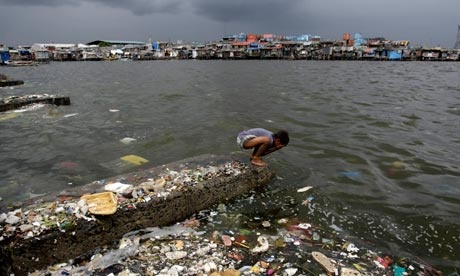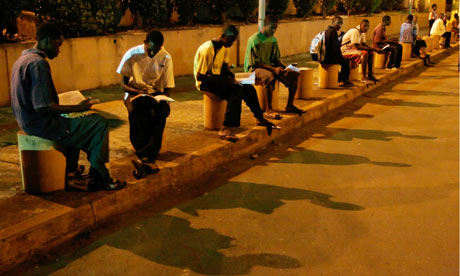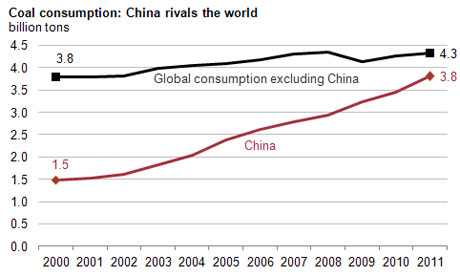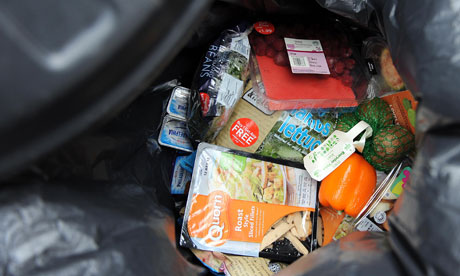Global
Submitted by ysp013 on
Energy poverty deprives 1 billion of adequate healthcare, says report
Submitted by ysp013 on
How High Could the Tide Go?
Submitted by ysp013 on
China burns half of coal consumption worldwide, figures show
Submitted by ysp013 on
Counting the Vanishing Bees
Submitted by ysp013 on
Reduce food waste dramatically with simple acts, says UN
Submitted by ysp013 on
Global food crisis will worsen as heatwaves damage crops, research finds
Submitted by ysp013 on
Global Classroom 2015 --> Apply Now
Submitted by Philosopher3000 on











